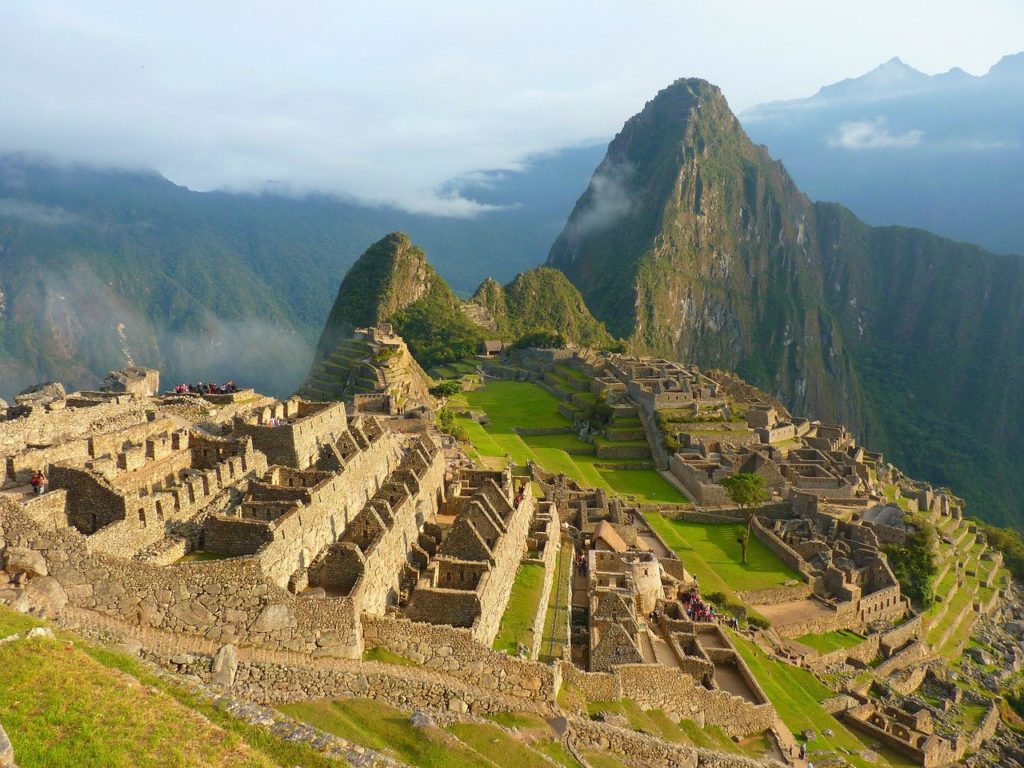The Last Days of the Incas

By Peter Patten, Reference Librarian, Walsh Library
On November 16th, 1532, the old world met the new world in a small town in the mountains of Northern Peru called Cajamarca. One-hundred sixty-eight Spanish, who had brazenly marched into the country intent on spreading Christianity for the Spanish Crown (and even more intent on enriching themselves), faced an Incan army of 80,000 encamped on the hills around them. The odds were hopeless, but incredibly, the Spanish, under Francesco Pizzaro, captured the Inca Emperor Atahualpa. With the help of horses, gunpowder, and steel, the Spanish won the battle, thus beginning the conquest of Peru.

History is full of such amazing events, but why should we care about things that happened 500 years ago? As this battle (or really more of a massacre) shows, actual events can be more interesting and certainly more consequential than any dreamed-up fiction. A good writer can show how people who shaped events hundreds of years ago were just as brave, as greedy, as cowardly, and as fallible as people today. There is a cosmological theory called “the block universe” that maintains that all past time and future time are as real as the present, though inaccessible to us. Pizzaro and Atahualpa may be distant to us, but they lived in their present just as we live in ours.

I recently finished The Last of the Incas by Kim MacQuarrie. It’s an account of the Spanish conquest of Peru. My interest was sparked by a trip there last year. Since then I have been reading more history books about the “Age of Discovery” that occurred from around the 15th to the 18th century.
It is not a pretty picture. It’s a story of battles, torture, epidemic diseases, enslavement, and genocide.
But it is not all grim. Even in the 16th century, there were those who were appalled by the decimation of native peoples by violence and disease and who actually managed to have Charles V, the Holy Roman Emperor, pass laws for more humane treatment of the people in the new Spanish colonies. These laws were widely ignored and eventually repealed, but I was surprised that there was a sense of the immorality of the conquest of the Americas even then.
Walsh Library has a copy of The Last of the Incas and many more books on the Spanish conquests in the Americas. If you look the book up in our catalog, click on the full “Catalog Record” tab and click on the geographical terms “Peru–History–Conquest, 1522-1548” to find more books on the subject (see screenshot below). You can also simply perform a subject search for “Peru–History–Conquest, 1522-1548” in the library catalog.

Need help finding this book or have other questions about using library resources? Contact us 24/7 through the Ask a Librarian chat service.


